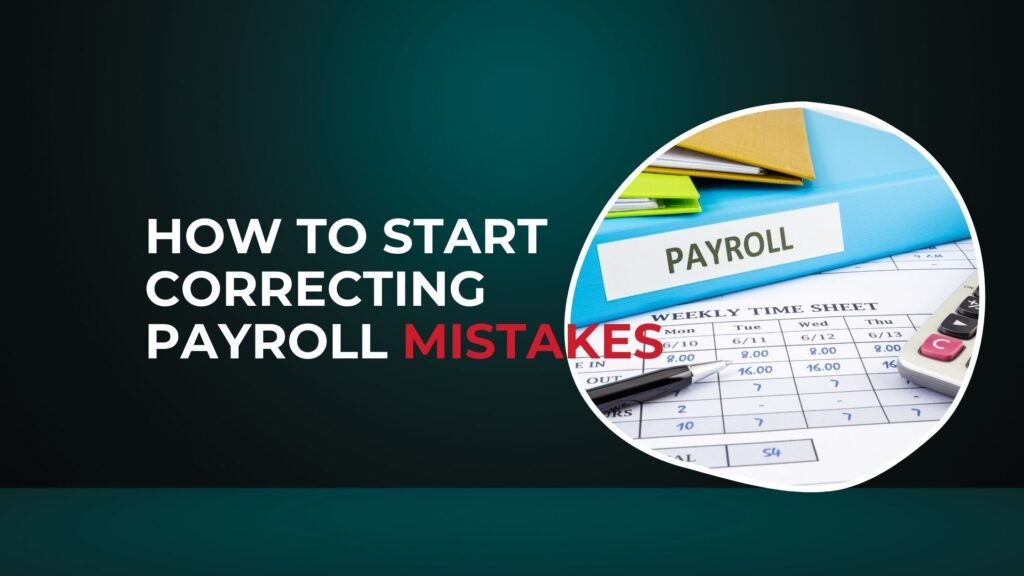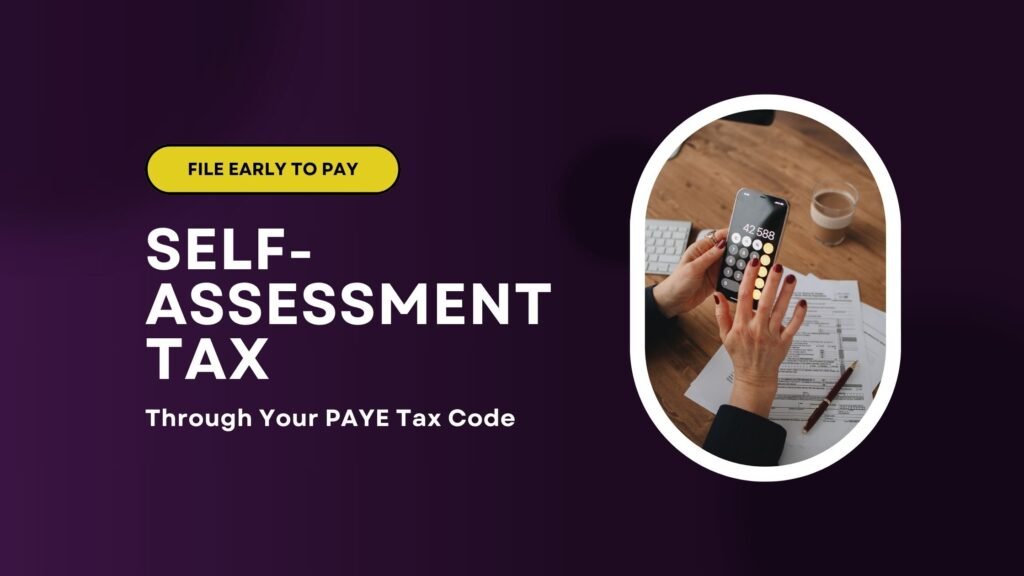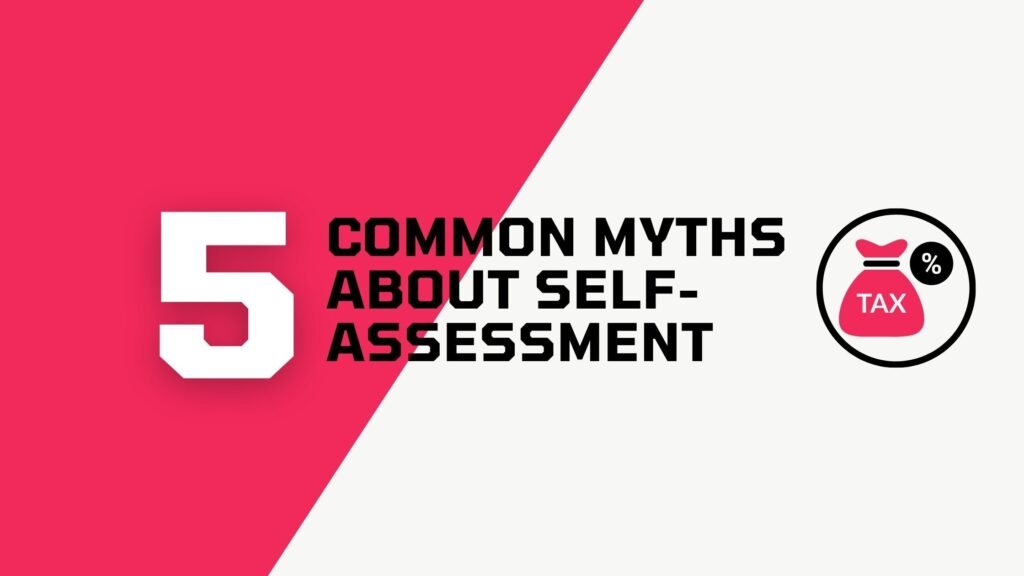Insolvency is a difficult situation that many UK businesses face, often due to financial mismanagement, unexpected market changes, or other factors. Choosing the right insolvency practitioner for your business in the UK can significantly affect how smoothly the process goes. An experienced practitioner can offer crucial guidance to manage debts, restructure your business, or handle legal issues.
What is an Insolvency Practitioner?
An insolvency practitioner (IP) is a licensed professional who manages insolvency processes for individuals or businesses facing financial difficulties. Their role differs depending on the type of insolvency but typically includes managing processes such as Company Voluntary Arrangements (CVAs), Individual Voluntary Arrangements (IVAs), liquidation, or bankruptcy.
For businesses, an insolvency practitioner (IP) provides services like restructuring debts, negotiating with creditors, and ensuring legal compliance. If insolvency procedures are not handled correctly, it can result in financial collapse or liquidation of assets.
What to Keep in Mind When Selecting an Insolvency Practitioner
Choosing an insolvency practitioner is not a decision to be taken lightly. There are several factors to consider before making your choice to ensure that you’re getting the best possible support for your business.
1. Licensing and Qualifications
The first step in choosing a reputable insolvency practitioner is confirming that they are licensed by a Recognised Professional Body (RPB) such as the Insolvency Practitioners Association (IPA) or ICAEW. A licensed practitioner must meet strict requirements and adhere to ethical standards, providing a level of assurance that they are well-qualified to handle your case. Moreover, practitioners who have passed exams like the Joint Insolvency Examination Board (JIEB) are particularly well-versed in the complexities of insolvency.
2. Experience
Insolvency is a complex area, and not all practitioners have experience in every sector or insolvency type. You should ensure that the IP you select has relevant experience in managing cases similar to yours, particularly within your industry or the type of insolvency you’re facing. Experience can be a strong indicator of the practitioner’s ability to navigate the situation effectively..
3. Transparency in Fees
Insolvency proceedings can often be costly, which is why you should always ask for a clear breakdown of fees before committing to a practitioner. Make sure there are no hidden costs and the practitioner is transparent about their pricing structure. Understanding the cost upfront helps avoid unpleasant surprises as the process unfolds. For an in-depth look, read our guide on the liquidation costs in the UK.
4. Specialisation
Insolvency practitioners specialise in different areas, such as business restructuring or personal debt relief. It’s important to choose a practitioner with expertise in your specific needs, whether corporate insolvency or individual cases. Practitioners with the right specialisation can offer more detailed advice and solutions.
Need guidance on liquidating your business? Read our blog on how to liquidate a limited company in the UK without hassle.
Key Warning Signs of a Bad Insolvency Practitioner to Avoid
While the right insolvency practitioner can help your business recover, the wrong one can cause more harm than good. Be cautious of the following warning signs when selecting an IP:
Lack of Proper Licensing and Credentials
A legitimate practitioner must be licensed by a recognised professional body like the IPA. If a practitioner cannot provide proof of their qualifications or certification, it’s a significant red flag.
Unrealistic Promises or Guarantees of Success
Insolvency procedures are complex, and no reputable practitioner will guarantee a specific outcome. If a practitioner offers unrealistic promises, such as guaranteeing the success of your restructuring or a particular financial outcome, it’s wise to question their professionalism.
Hidden or Non-Transparent Fees
Always ensure that fees are transparent and fully explained. Any practitioner who avoids discussing fees or provides vague information about costs should be considered a red flag.
Poor Communication and Slow Response Times
Communication is crucial in insolvency processes. An insolvency practitioner should be responsive and readily available to answer any questions or concerns you may have. Poor communication or slow response times can signal that the practitioner is either overworked or not committed to your case.
Negative Reviews or No Client References
Check for client reviews or references. If a practitioner has a history of negative feedback or cannot provide references from previous clients, it could indicate issues with their reliability or service quality.
How to Assess an Insolvency Practitioner’s Communication and Trustworthiness
One of the most important factors to consider when selecting an insolvency practitioner is their ability to communicate clearly and act ethically. Here’s how you can assess these qualities:
- Initial Consultation: During the first meeting, pay attention to how well the practitioner explains the insolvency process. A good practitioner should be able to explain complex financial terms and legal procedures in a way that you can understand. This will help build your trust in their ability to manage your case.
- Ability to Simplify Complex Financial Terms: An insolvency practitioner must be able to break down complex financial language and ensure that you understand the steps they will take. If they struggle to make things clear or use jargon without explanation, it’s a sign they may not be the right fit.
- Responsiveness: A good insolvency practitioner should be responsive, answering your questions promptly and keeping you updated throughout the process. This includes being proactive in communicating any issues or developments.
- Certifications and Regulatory Memberships: Ensure the practitioner is properly certified and a member of a recognised professional body such as the Insolvency Practitioners Association (IPA). Membership in such organisations provides an additional level of credibility and accountability.
- Client Reviews and References: Ask for references from previous clients or read online reviews. Positive feedback is often an indicator of a trustworthy and reliable professional who has successfully helped other businesses in similar situations.
- Ethical Considerations: Lastly, consider the practitioner’s ethical standards. Ensure they are transparent in their dealings, particularly regarding fees and their approach to conflicts of interest. A trustworthy practitioner will maintain professionalism and integrity throughout the insolvency process.
Final Thoughts on Choosing the Right Insolvency Practitioner
Making the right choice of insolvency practitioner for your business is a key decision that can shape your financial future. It’s essential to assess their qualifications, experience, communication skills, and ethical standards carefully. Consider factors such as licensing and client reviews to make an informed decision that aligns with your business’s needs. Take the time to assure your chosen practitioner is reliable, transparent, and capable of handling your case effectively.
If you’re not sure where to begin, schedule a free consultation with our expert insolvency practitioner to explore your options.





